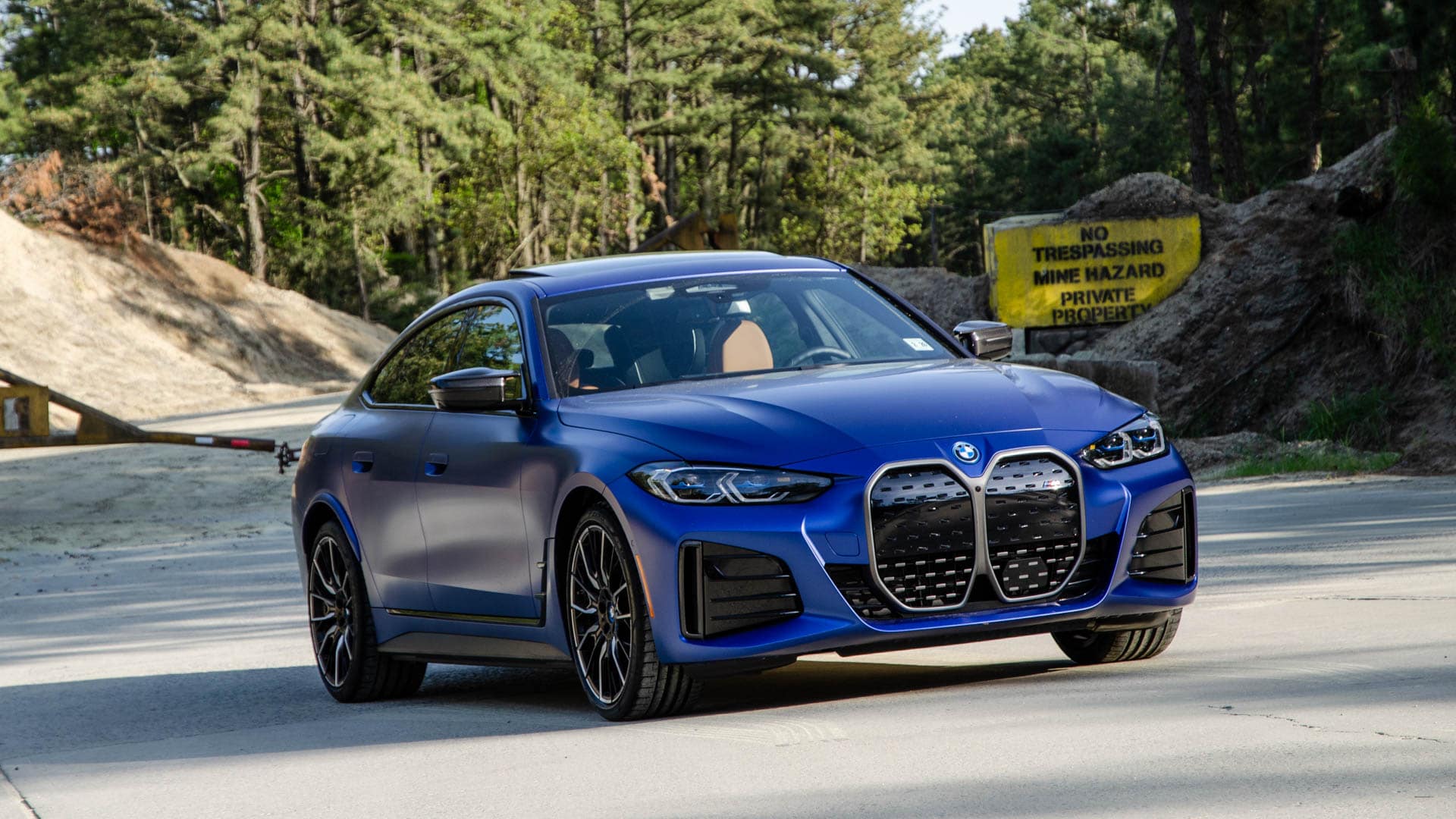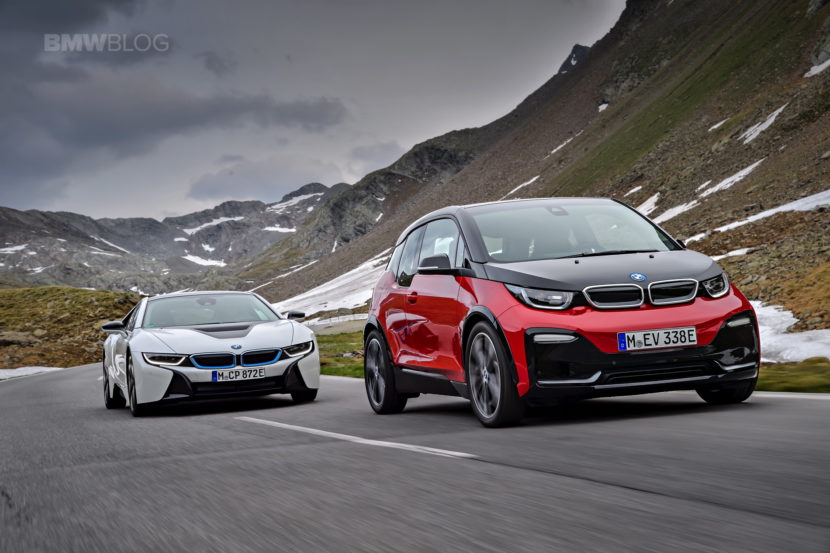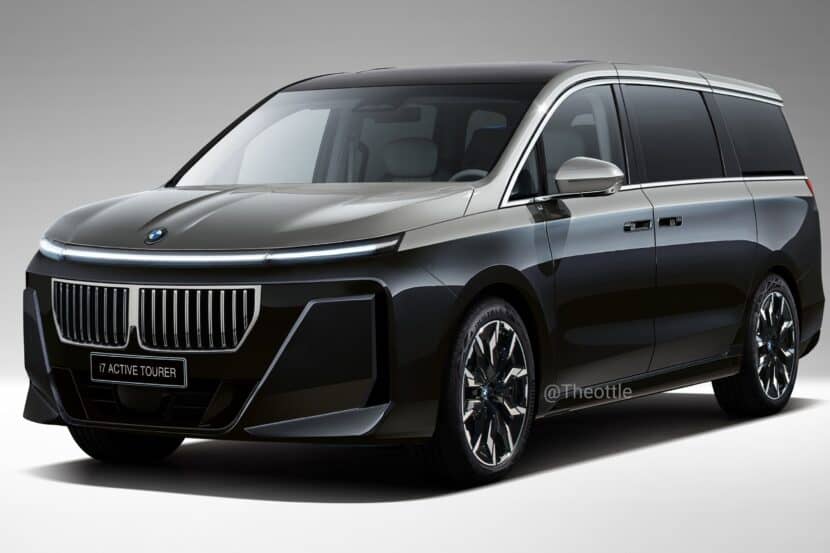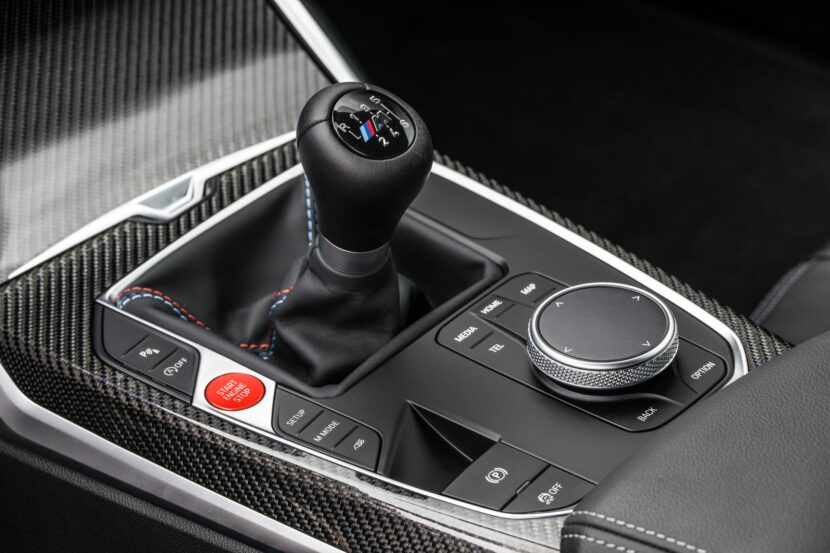BMW projects at least half of its global annual sales will be represented by electric vehicles by the end of the decade, hence why it’s heavily investing in bolstering the EV lineup. At the same time, it’s also gauging the interest people have in cars that do away with the combustion engine. The automaker’s Canadian division conducted a survey and asked more than 1,200 licensed drivers from every province questions about zero-emission cars.
The survey conducted over the summer in collaboration with market research firm Maru/Blue showed men are 7% more willing to pay extra for an EV than women. In addition, 75% of men believe they’re more knowledgeable as far as understanding the technology regarding electric cars compared to 50% of women. Moreover, 66% of men consider themselves the primary decision maker when the time comes to buy an electric car versus 47% of women.
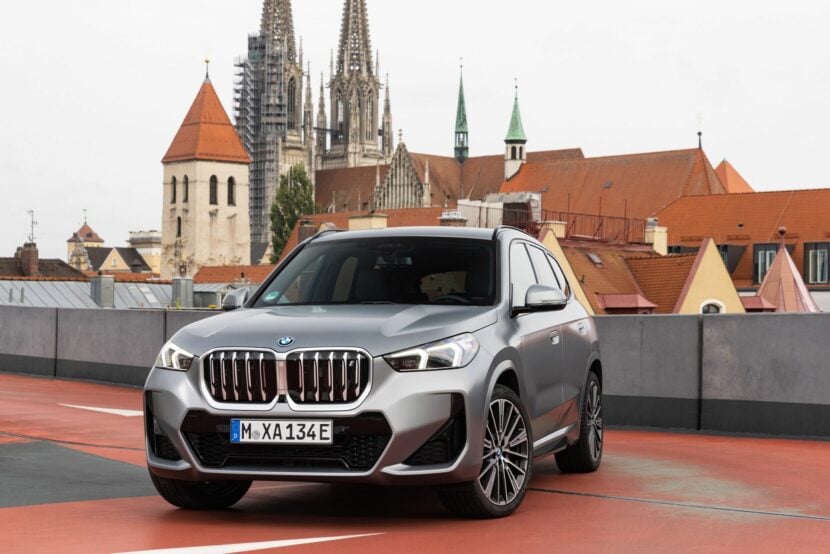
Speaking of timing, 25% of Canadians are taking into consideration buying an EV in the next 24 months. 79% of the people questioned said they are concerned about rising gas prices, which peaked at over $2 per liter back in June.
BMW Canada launched the first electric vehicle in 2013 with the quirky i3 hatchback before the iX and i4 arrived at the beginning of this year. In the near future, the i7 will hit the local market at the exact same starting price as the V8-powered 760i. At least initially, the iX1 crossover won’t be coming to Canada. It’s too soon to say whether the i5 debuting in 2023 as the electric version of the next-generation 5 Series Sedan will be sold in the country.
In the next years, BMW will spend $1 billion to build at least six electric SUVs at the Spartanburg plant in South Carolina. In the meantime, the new factory in Debrecen, Hungary will build the first EV on the Neue Klasse platform in 2025, with Munich to follow the next year. The i3 we mentioned earlier is still around by the way, but only in China where it takes the shape of a locally built long-wheelbase electric 3 Series Sedan.
Source: BMW


